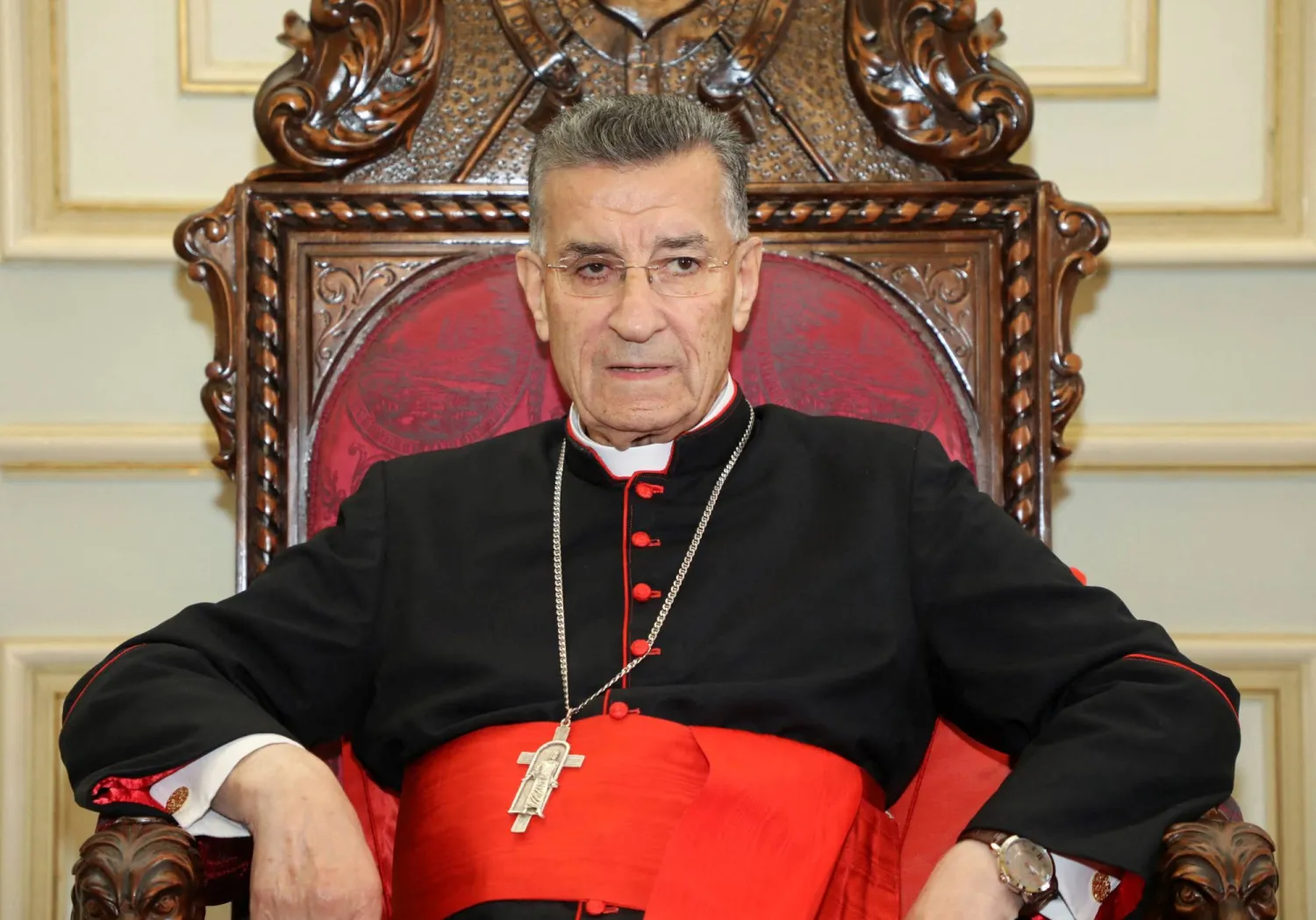French President Emmanuel Macron met on Tuesday with Lebanon’s Patriarch Beshara Rai at the Elysee Palace and showed “remarkable hospitality” in a bid to assure the Lebanese, mainly the Maronite Christians, that France will always be their “caring mother”.
Through the distinguished reception of Rai in the courtyard of the Elysée Palace, Macron wanted to display a message to Lebanon’s Christians that his country is still committed to support them, despite the divergence with the majority of the Christian forces over the presidential file.
French diplomats are often criticized at events and meetings for the mismanagement of the Lebanese file. Some speak of “disregard” and others of French “neglect” of the Christians, while some go so far as to describe the French proposal to elect former minister Sleiman Franjieh as “treason.”
A senior French diplomat acknowledges this reality, but describes it differently.
He said: “Their primary concern is to fill the vacuum at the top state post."
According to the diplomat, France believes that the election of a president is the first step to revive the country’s constitutional and government work, which has been disrupted since Nov. 1, 2022, when President Michel Aoun left office without the political parties being able to agree on a successor.
The diplomat went on to say that the French chose Franjieh over the vacuum at the top state post, but were not insisting on him.
“We will work with any president that [the Lebanese] agree upon, because the next stage is the most important,” he underlined, pointing to the need to launch political reform and work with the World Bank to develop a road map that would help the country to overcome its financial crisis.
The French are aware of the importance of the opposition forces reaching an agreement over the name of a candidate. They consider the election of the president an absolute priority.
The French diplomat continued: “The most important matter is to preserve the institutions, and the presidency is the key.”
During their meeting, Macron and Rai agreed that the “political and constitutional impasse was the biggest obstacle facing the country.”
They both stressed the need for Lebanon to elect a new president as quickly as possible.
There was also an agreement, according to the French diplomat, that France continues to support the Lebanese educational sector, which is essential to preserve the country.
Since 2020, France has offered about 90 million euros for Francophone Christian schools, where the majority of students are Muslims.
Other points that Macron and Rai emphasized include the necessity of preserving “the health system and food security for the Lebanese, strengthening the judiciary, and expediting the investigations into the Beirut port explosion,” the French diplomat told Asharq Al-Awsat.









